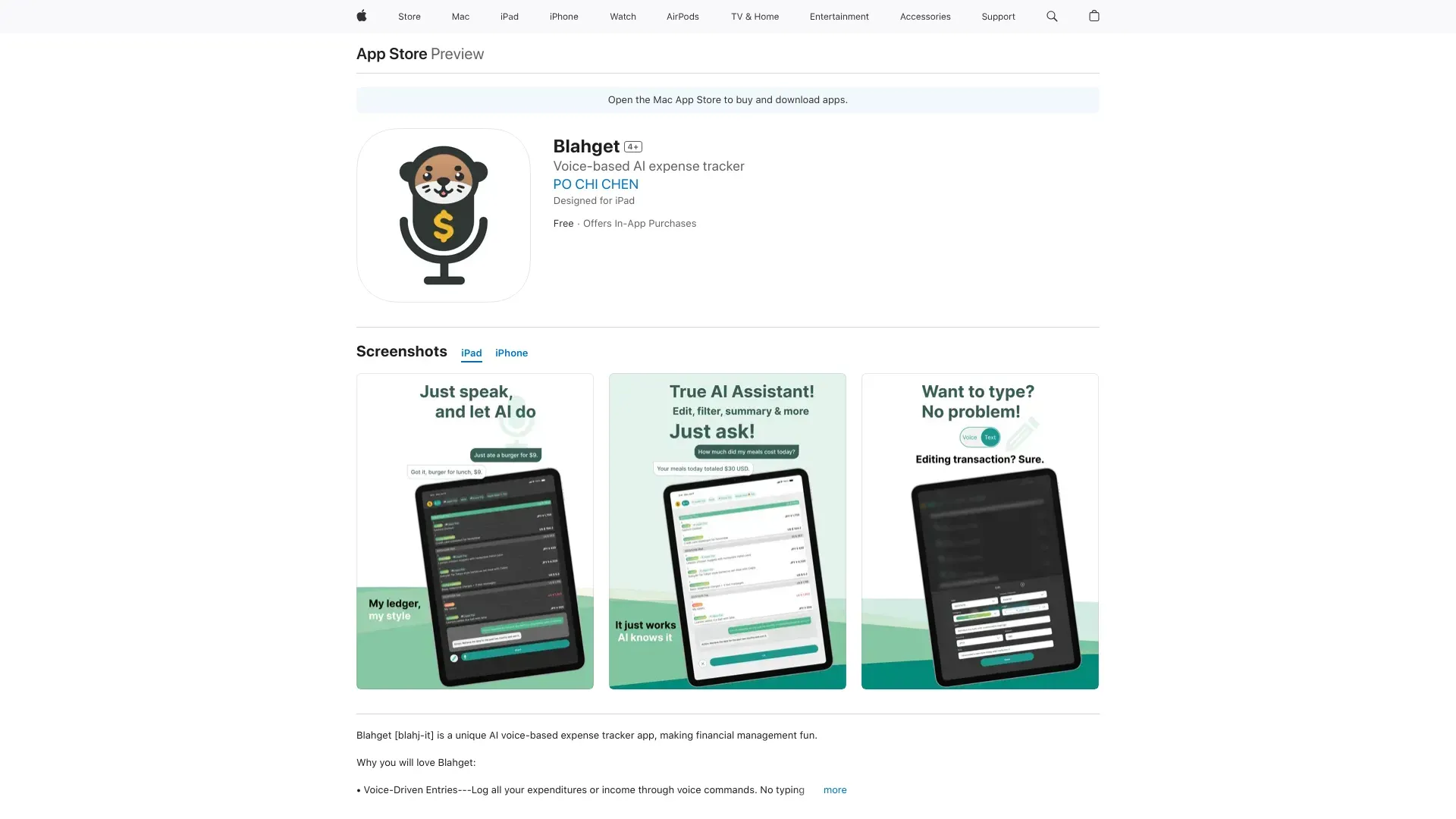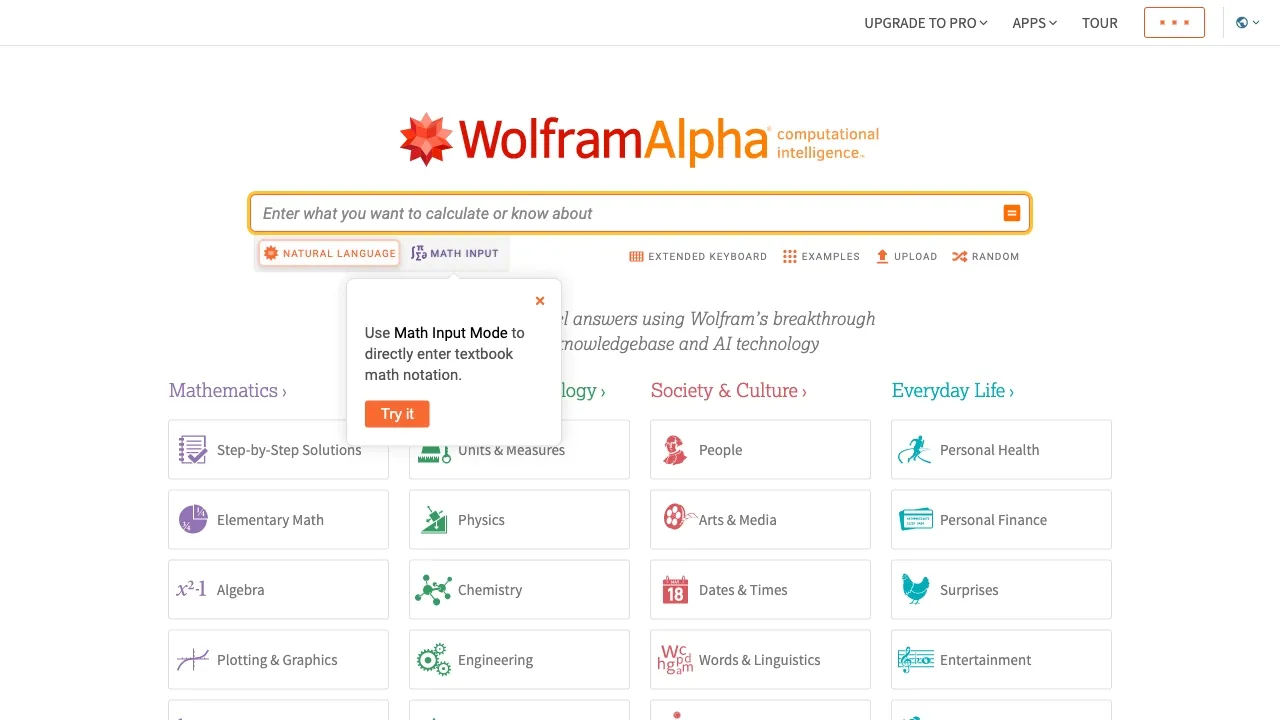
Trademarkability  Open site
Open site
4.5
Introduction:
Trademarkability is a critical concept in the field of intellectual property, focusing on the suitability of a mark for trademark registration. It encompasses the assessment of whether a proposed trademark can effectively distinguish goods or services from those of others in the marketplace. A trademark must be unique, non-descriptive, and not confusingly similar to existing marks to qualify for protection. Understanding these criteria is essential for businesses seeking to establish their brand identity and safeguard their intellectual assets.The evaluation of trademarkability involves various factors, including distinctiveness, relevance to the goods or services offered, and potential conflicts with existing trademarks. Companies must navigate these complexities to ensure their trademarks are not only legally protectable but also resonate with consumers. Engaging with experts in trademark law can significantly enhance the chances of successful registration and long-term brand protection.
Monthly Visitors:
679

What is Trademarkability?
Trademarkability refers to the potential of a mark to be registered and protected under trademark law. It involves assessing whether a term, logo, or symbol can distinguish goods or services of one entity from those of others in the marketplace. Factors such as distinctiveness, non-descriptiveness, and the likelihood of confusion with existing marks play a crucial role in determining trademarkability.
Understanding trademarkability is essential for businesses seeking to establish a strong brand identity. A mark that is deemed trademarkable can provide legal protection against unauthorized use, enhancing a company's competitive edge. Businesses must carefully evaluate their proposed marks to ensure they meet the necessary criteria for registration and can effectively resonate with consumers, ultimately serving as a valuable asset in their branding strategy.
Key Features:
- Trademarkability refers to the qualities that a mark must possess to be eligible for protection.
- Distinctiveness is a key feature, as a trademark must be capable of identifying the source of a product or service. Marks that are inherently distinctive or have acquired distinctiveness through use are more likely to be protected. Generic or descriptive terms generally lack distinctiveness and are harder to trademark.
- Non-functionality is another important aspect. A trademark cannot serve a functional purpose related to the product. This means that the mark must not affect the product's performance, as functional features are typically not eligible for trademark protection.
- Non-deceptiveness is crucial for ensuring that consumers are not misled about the origin or nature of goods. A mark that falsely suggests a connection with a product or service can be deemed deceptive and, therefore, unregistrable. This protects consumers and maintains the integrity of the marketplace.
- Finally, the mark must be used in commerce. To qualify for trademark protection, a mark must be actively used in the sale or advertising of goods or services. This requirement ensures that the mark is not merely theoretical but has a real-world application and association with the products or services it represents.
Pros
Trademarkability allows businesses to establish a unique identity in the marketplace, differentiating their goods or services from competitors. This distinctiveness fosters brand loyalty, as consumers are more likely to return to products they recognize and trust. A strong trademark can create an emotional connection between the brand and its audience, enhancing customer retention and driving repeat sales.
Additionally, trademarkability provides legal protection against infringement, enabling businesses to safeguard their intellectual property. This protection helps prevent unauthorized use of similar marks, which could confuse consumers or dilute the brand's reputation. By securing trademark rights, companies can take legal action against violators, ensuring their brand integrity and maintaining market position.
Moreover, trademarks can add significant value to a business. A well-recognized brand can attract investors, increase market share, and enhance the overall worth of the company. Trademarks can also be licensed or franchised, creating additional revenue streams. As businesses grow, their trademarks can evolve into valuable assets that contribute to long-term financial success.
Cons
Trademarkability can be limited by distinctiveness requirements. Marks that are generic or merely descriptive may not qualify for protection, restricting businesses from fully branding their products. This limitation can hinder a company's ability to differentiate itself in a competitive market, as they may struggle to secure exclusive rights over terms that are essential to their industry.
Another con is the potential for legal disputes. Trademark registration does not guarantee protection from infringement claims or opposition from other businesses. Companies may face costly litigation to defend their trademarks, diverting resources and attention away from core operations and impacting overall profitability.
Additionally, maintaining trademark rights requires ongoing effort and vigilance. Businesses must actively monitor and enforce their trademarks against unauthorized use, which can be time-consuming and costly. Failure to adequately protect a trademark can lead to loss of rights, making it difficult for companies to safeguard their brand identity over time.
Trademarkability's Use Cases
#1
Individuals or businesses looking to register a trademark#2
Trademark attorneys or agents seeking a streamlined registration process
Trademarkability Reviews
Trademarkability is an essential aspect of branding that determines whether a mark can be legally protected. A strong trademark is distinctive, not merely descriptive, and should avoid confusion with existing marks. The process involves assessing uniqueness and potential for consumer recognition. Overall, understanding trademarkability is crucial for businesses to safeguard their identity and ensure long-term success in the marketplace.
Alternative of Trademarkability

101.5M
4.6
Intuit is a leading financial software company that empowers individuals and small businesses to manage their finances with confidence. Founded in 1983, the company is best known for its flagship products, including TurboTax, QuickBooks, and Mint, which simplify tax preparation, accounting, and personal finance management. Intuit's innovative solutions are designed to help users save time, reduce stress, and achieve their financial goals.With a commitment to customer-centric innovation, Intuit leverages advanced technology to deliver intuitive and accessible financial tools. The company focuses on understanding the unique needs of its diverse user base, enabling them to make informed financial decisions. Through its dedication to improving financial literacy and promoting entrepreneurship, Intuit continues to play a vital role in transforming how people manage their money and operate their businesses.
Other
25.3M
4.9
Blahget is an innovative messaging app designed to enhance communication and streamline interactions among users. With its user-friendly interface, Blahget allows individuals to connect effortlessly, share thoughts, and express ideas in a vibrant digital environment. The app features a range of tools that foster creativity, making conversations more engaging and dynamic.In addition to standard messaging functionalities, Blahget offers unique features that cater to diverse communication styles. Users can personalize their chats with various multimedia options, including images, stickers, and voice messages. The app aims to create a fun and interactive platform for friends, family, and colleagues, ensuring that every conversation is meaningful and enjoyable. Through its distinct approach, Blahget seeks to redefine the way people communicate in the digital age.
Other
20.9M
4.9
Hugging Face is a leading platform in the field of artificial intelligence, particularly known for its contributions to natural language processing (NLP). The company provides a wide range of tools, libraries, and models that empower developers and researchers to build, share, and deploy machine learning applications with ease. At the core of its offerings is the Transformers library, which simplifies the implementation of state-of-the-art NLP models, making advanced technology accessible to a broader audience.In addition to its robust library, Hugging Face fosters an active community where users can collaborate, share insights, and contribute to ongoing projects. The platform encourages open-source development, allowing users to leverage pre-trained models and datasets for various applications. By promoting accessibility and collaboration in AI, Hugging Face aims to democratize artificial intelligence and facilitate innovation across different industries.
Other
7.7M
4.5
WolframAlpha is a computational knowledge engine that enables users to obtain answers to a wide range of queries through dynamic calculations and curated data. Unlike traditional search engines that provide links to information, WolframAlpha interprets questions and delivers precise answers based on its extensive knowledge base. It serves as a powerful tool for students, researchers, and professionals, offering insights across various domains such as mathematics, science, technology, and more.The platform is designed to facilitate exploration and learning by allowing users to input queries in natural language. With its advanced algorithms and vast datasets, WolframAlpha can generate reports, perform calculations, and visualize data, making it an invaluable resource for those seeking to enhance their understanding or solve complex problems. Its unique approach to information retrieval sets it apart as a go-to destination for computational knowledge.
Other
7.0M
4.6
Talkie: Soulful AI is an innovative platform that merges artificial intelligence with human-like conversational abilities, providing users with a unique and engaging experience. Designed to enhance communication, Talkie offers personalized interactions that adapt to individual preferences and emotions. This technology aims to create a more meaningful connection between users and the AI, making conversations feel natural and intuitive.At the core of Talkie's philosophy is the belief that technology should enhance human experiences rather than replace them. By focusing on emotional intelligence and empathetic exchanges, Talkie strives to bridge the gap between humans and machines. Whether for personal use or business applications, Talkie empowers users to engage in deeper, more fulfilling conversations, ultimately enriching their interactions in a digital landscape.
Other
4.4M
5.0
AI-Novel is an innovative platform that harnesses the power of artificial intelligence to assist users in creating original literary works. By leveraging advanced algorithms, it provides writers with tools to generate ideas, develop plots, and refine their narratives, making the writing process smoother and more efficient. Whether for seasoned authors or those just beginning their writing journey, AI-Novel offers a supportive environment to explore creativity.The platform is designed to inspire and enhance the writing experience, fostering a collaborative relationship between human creativity and AI technology. Users can enjoy features that aid in character development, world-building, and even dialogue creation. With AI-Novel, the future of storytelling becomes more accessible, empowering individuals to bring their imaginative visions to life while overcoming common writing challenges.
Other